Onpage SEO
Maximize your online potential with comprehensive on-page SEO solutions
Award-Winning Agency


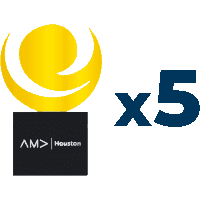
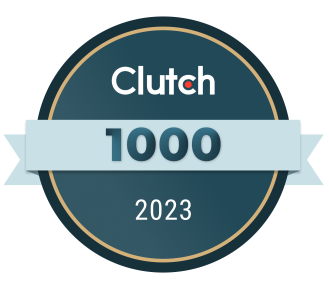
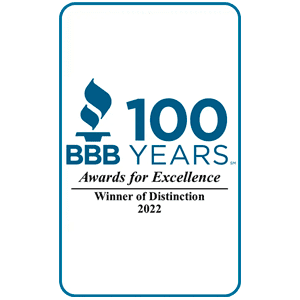
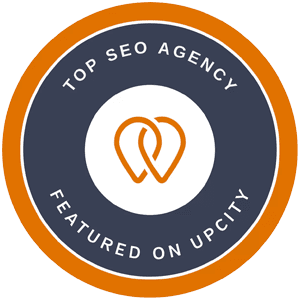
Onpage SEO Services: EWR Digital
Need to grow you website’s ranking on search engines and achieve your online marketing goals? You should consider EWR Digital’s expert on-page SEO services.
Our team of experienced search professionals specializes in optimizing individual web pages to improve their ranking and visibility on search engines. By utilizing a range of techniques, including keyword research, content optimization, title tags and meta descriptions, header tags, image optimization, internal linking, and URL optimization, we help businesses like yours attract more organic traffic and achieve online success.
At EWR Digital, we understand that effective on-page SEO requires a deep understanding of both search engines and your target audience. That’s why we work closely with our clients to understand their unique needs and develop customized on-page SEO solutions that meet those needs.
Whether you’re looking to improve your website’s ranking on search engines, attract more organic traffic, or achieve other online marketing goals, EWR Digital can help. With our top-rated on-page SEO services, you can transform your web pages into search engine magnets and stand out from the competition.
Contact us today to learn more about our on-page SEO services and how we can help your business succeed online.
What is Onpage SEO?
On-page SEO, also known as on-site SEO, refers to the process of optimizing individual web pages to improve their ranking and visibility on search engines like Google. This includes optimizing a page’s content, title tags, meta descriptions, headers, images, internal links, and URLs to make them more relevant and attractive to both search engines and users.
Effective on-page SEO requires a deep understanding of both search engines and your target audience. By conducting keyword research and developing high-quality content that’s optimized for both search engines and users, businesses can attract more organic traffic and improve their website’s ranking on search engines. Additionally, optimizing title tags, meta descriptions, headers, and other on-page elements can help entice users to click through to your site from search engine results pages.
Overall, on-page SEO is a critical component of any successful online marketing strategy. By optimizing individual web pages, businesses can attract more organic traffic, generate more leads, and achieve their online marketing goals.
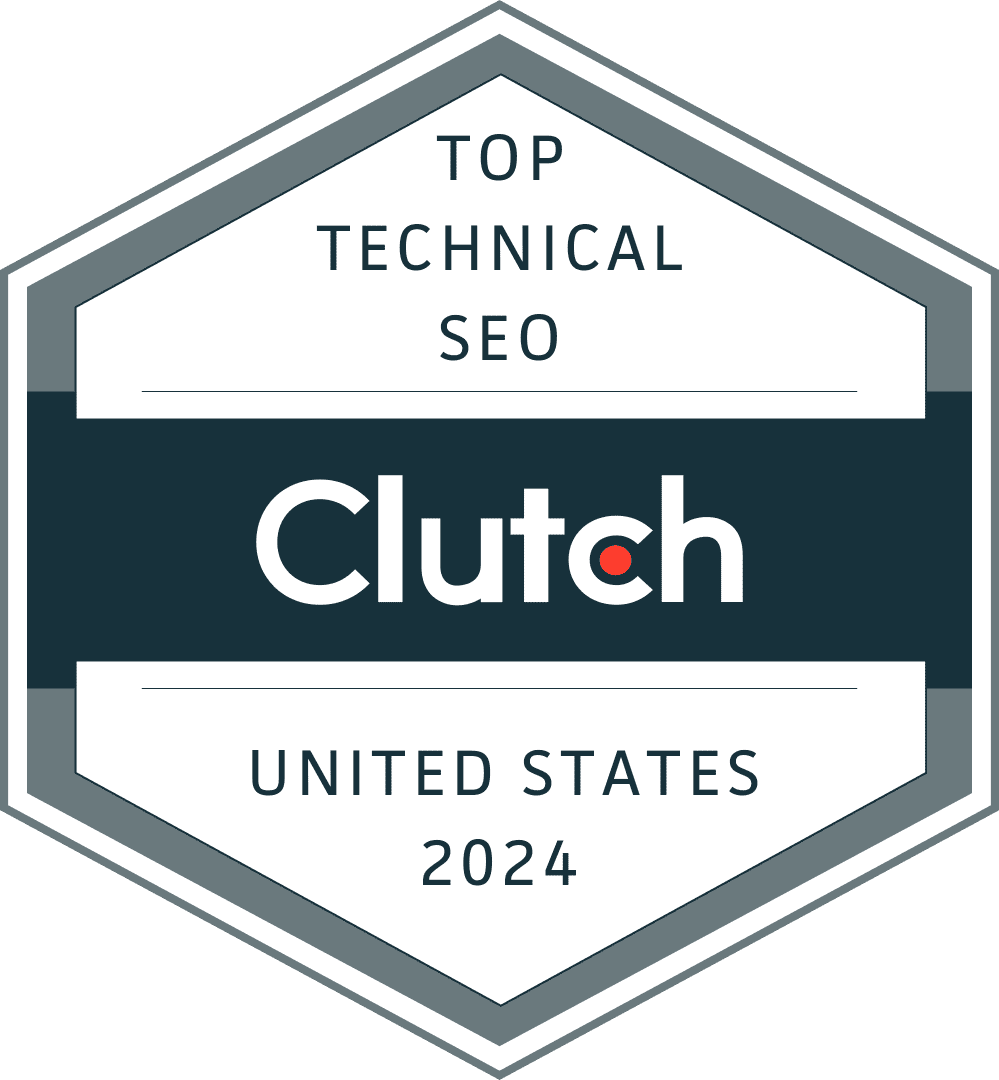
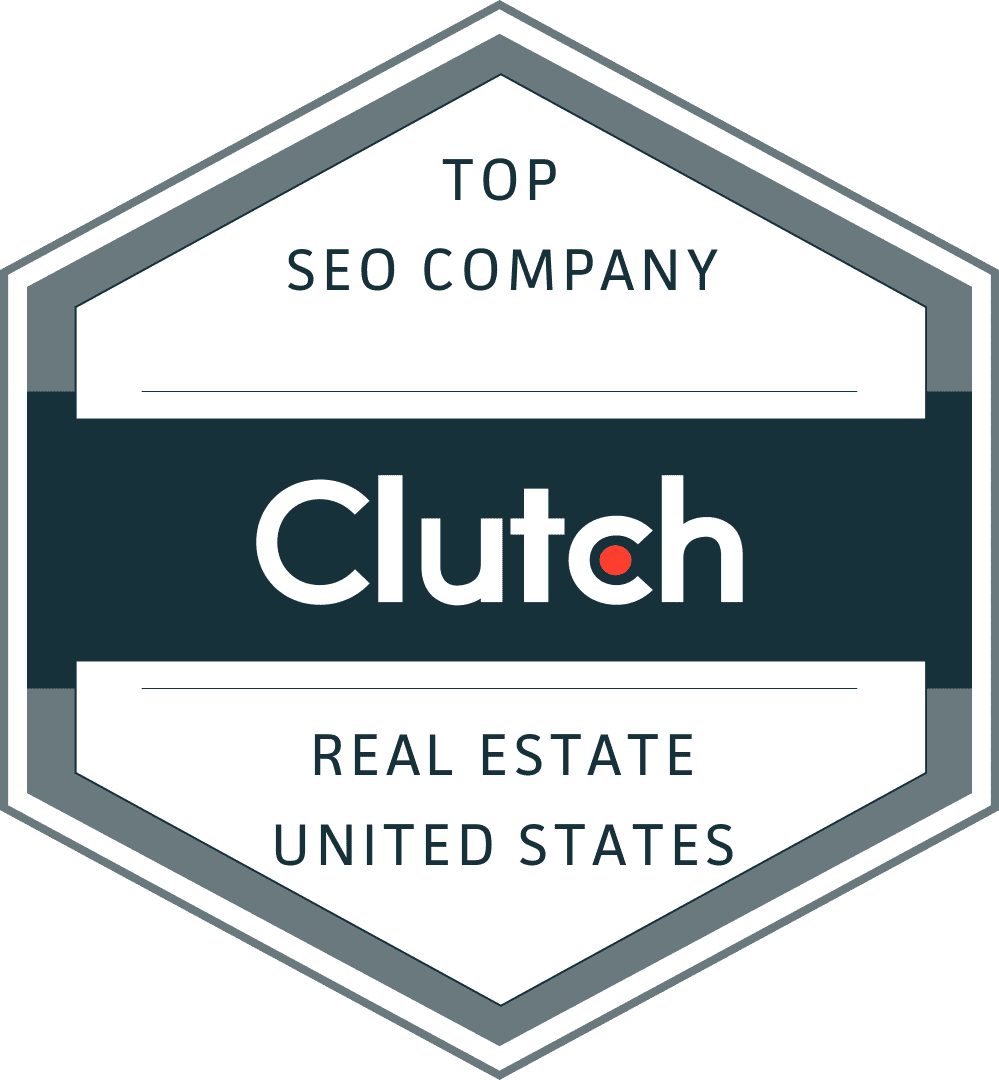
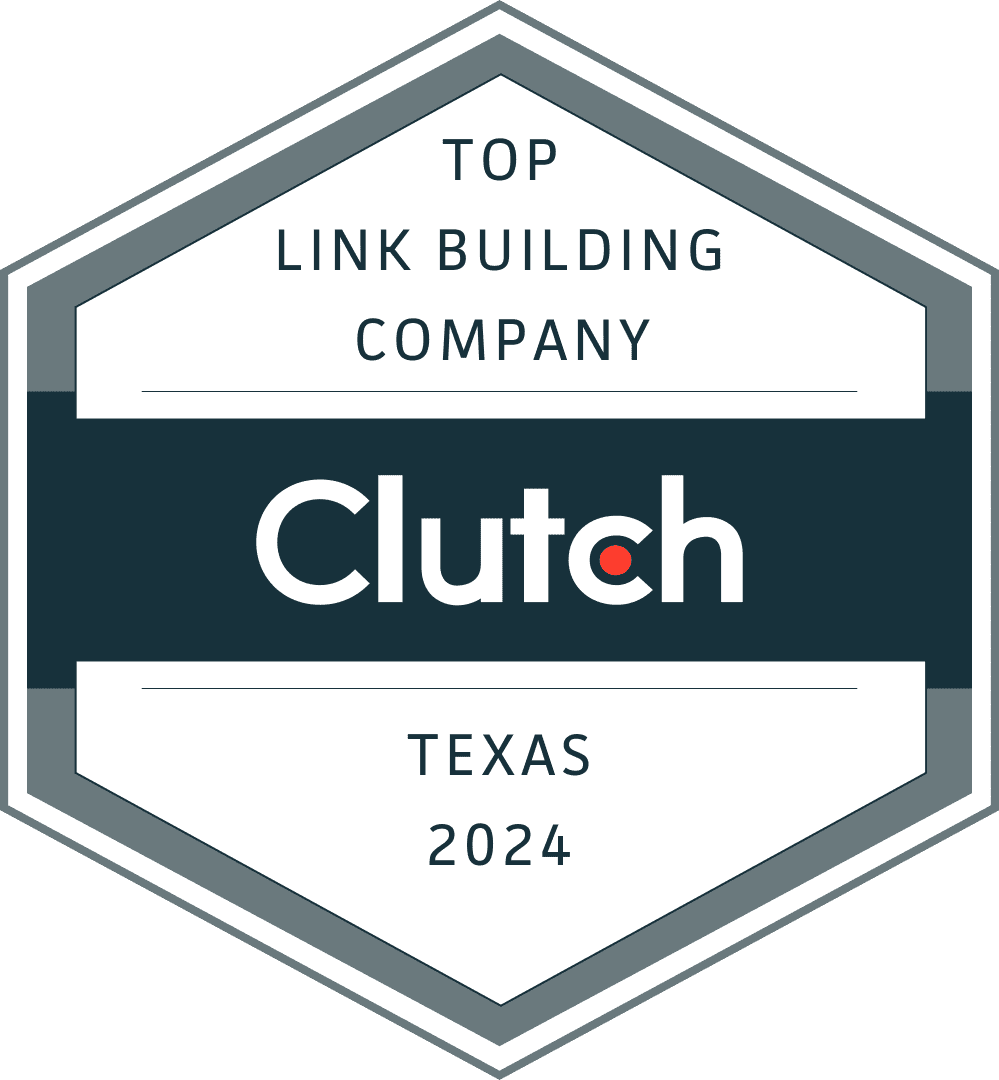


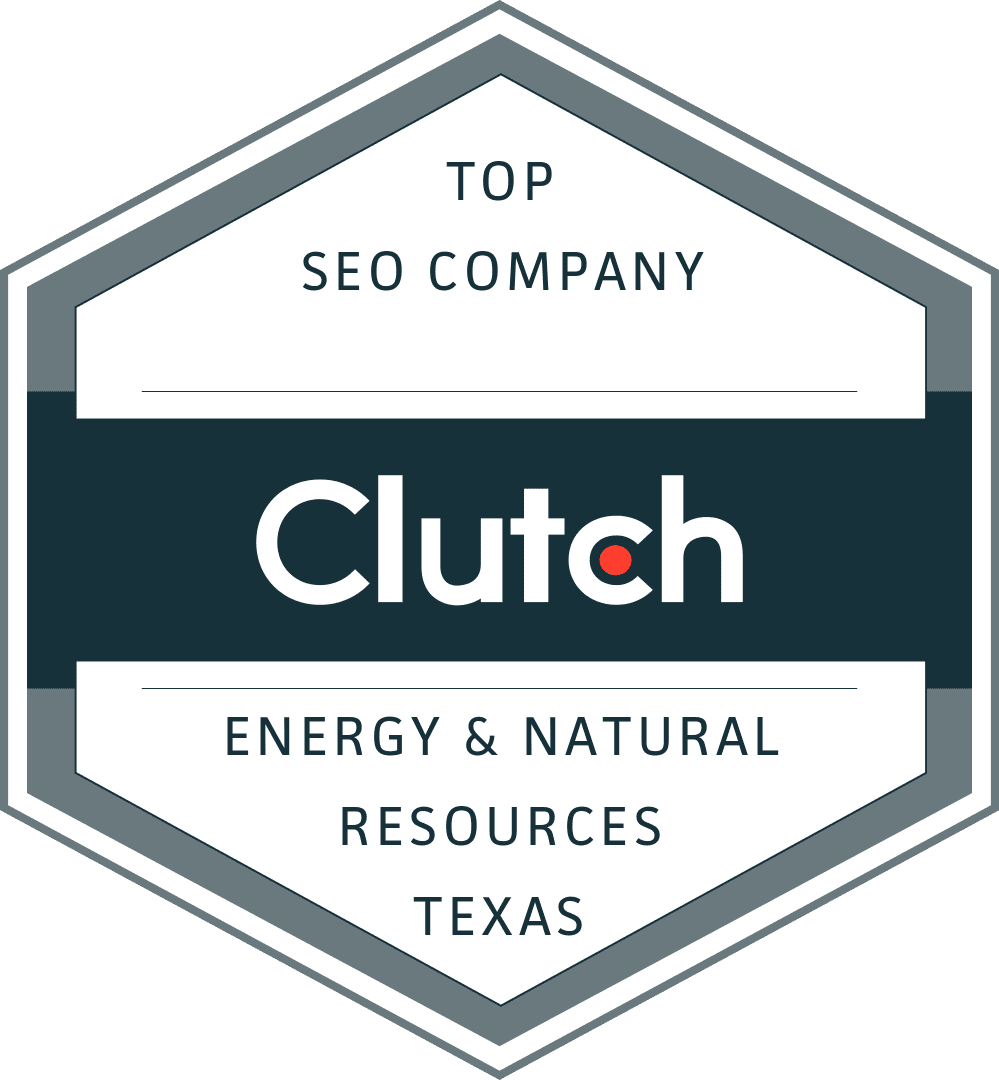
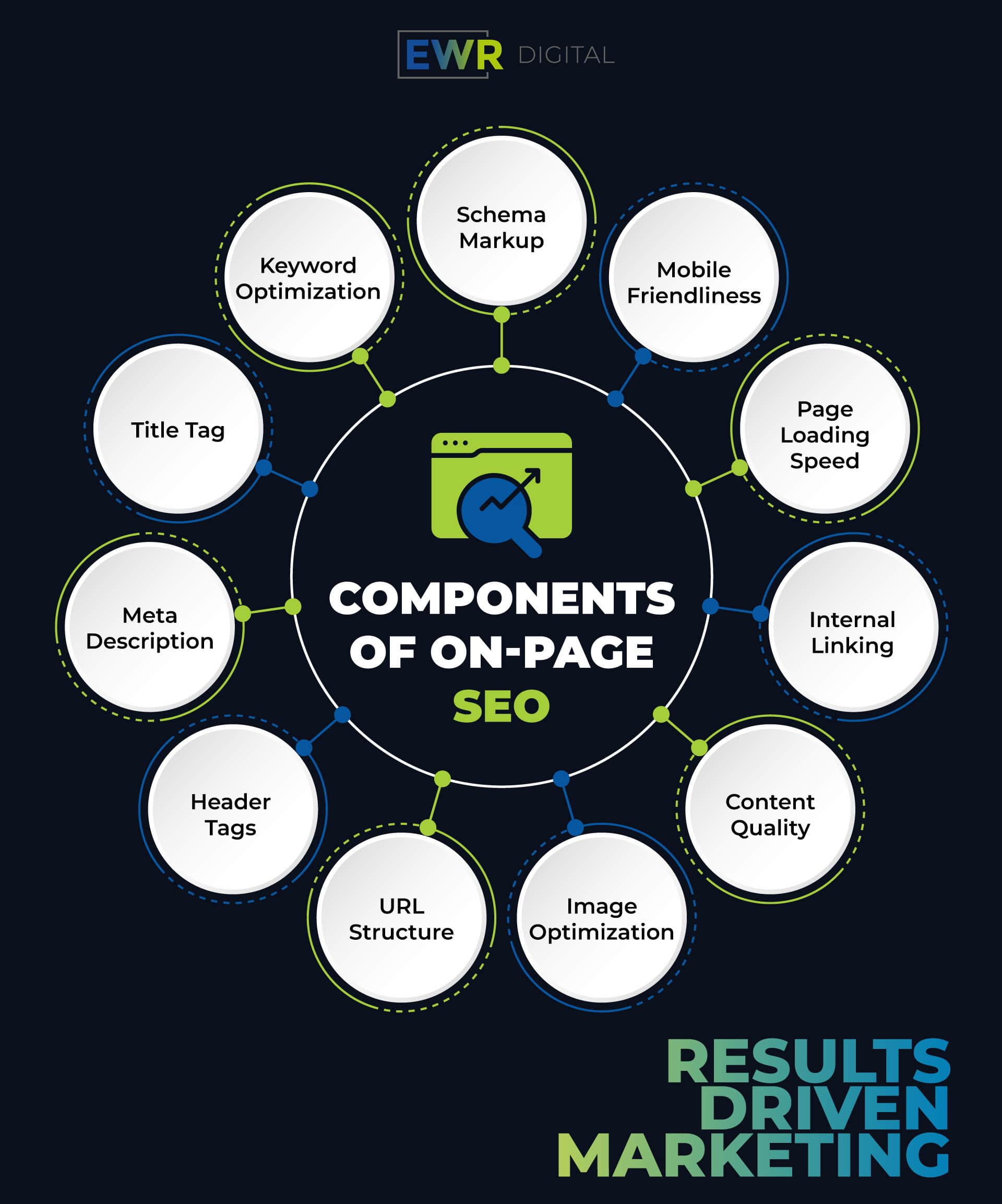
OnPage SEO Techniques
Keyword research and optimization
Definition: Keyword research and optimization involves identifying the specific search terms and phrases that your target audience is using to find information online, and then strategically incorporating these keywords into your on-page elements.
Benefits: By optimizing your on-page content for relevant keywords, you can improve the ranking and visibility of your web pages on search engines, attract more organic traffic, and reach your target audience more effectively.
Best practices: Use keyword research tools to identify high-volume, low-competition keywords, and strategically incorporate them into your content, title tags, meta descriptions, headers, and other on-page elements. However, avoid keyword stuffing, or overusing keywords, which can result in penalties from search engines.
Content optimization
Definition: Content optimization involves creating high-quality, engaging, and relevant content that is optimized for both search engines and users.
Benefits: High-quality website content can help attract and retain users, improve the ranking and visibility of your web pages on search engines, and establish your brand as an authority in your industry. Engaging content increases time spent on page, which is a positive factor for SEO.
Best practices: Create content that is relevant to your target audience and industry, use your target keywords in your content, optimize your headings and subheadings, use bullet points and other formatting to improve readability, and ensure that your content is engaging and informative.
Title tags and meta descriptions
Definition: Title tags and meta descriptions are on-page elements that provide a brief summary of what a web page is about and are displayed on search engine results pages.
Benefits: By optimizing your title tags and meta descriptions for your target keywords, you can improve the relevancy and attractiveness of your web pages on search engine results pages and entice users to click through to your site.
Best practices: Use relevant keywords in your title tags and meta descriptions, keep them concise (less than 60 characters for title tags and less than 155 characters for meta descriptions), and ensure that they accurately describe the content of your web page.
Header tags
Definition: Header tags (defined in HTML code as H1, H2, H3 etc.) provide structure and hierarchy to your on-page content, making it easier for both users and search engines to understand what your web page is about.
Benefits: By using header tags in your content, you can improve the readability and organization of your web page, and help search engines better understand its content.
Best practices: Use only one H1 tag per page and use H2, H3, and other header tags to structure your content hierarchically. Use relevant keywords in your header tags, and ensure that they accurately describe the content of the corresponding section of your web page.
Image optimization
Definition: Image optimization involves optimizing your on-page images with descriptive file names, alt tags, and other elements to improve their relevancy and loading speed.
Benefits: By optimizing your images, you can improve the user experience of your web pages, reduce loading times, and improve the ranking and visibility of your web pages on search engines.
Best practices: Use descriptive file names and alt tags for your images, compress your images to reduce their file size, and ensure that they are relevant to the content of your web page.
Internal linking
Definition: Internal linking involves linking to other relevant pages on your website from within your on-page content.
Benefits: By strategically linking to other relevant pages on your site, you can improve the structure and hierarchy of your website, help users navigate your site more effectively, and improve the ranking and visibility of your web pages on search engines.
Best practices: Use descriptive anchor text for your internal links, link to relevant and useful pages on your site, and avoid overlinking, or adding too many internal links to your content.
URL optimization
Definition: URL optimization involves creating clean and concise URLs that accurately reflect the content of your web page.
Benefits: By optimizing your URLs, you can improve the readability and relevance of your web pages, make them more user-friendly, and improve their ranking and visibility on search engines.
Best practices: Use short and descriptive URLs that accurately reflect the content of your web page, use hyphens to separate words in your URL, avoid using special characters, and ensure that your URL is static and doesn’t change over time.
Mobile optimization
Definition: Mobile optimization involves optimizing your on-page content for mobile devices, such as smartphones and tablets, to ensure that your website is accessible and user-friendly on all devices.
Benefits: By optimizing your website for mobile devices, you can improve the user experience of your website, reach a wider audience, and improve the ranking and visibility of your web pages on search engines.
Best practices: Use responsive web design to ensure that your website adapts to different screen sizes, optimize your images and other media for mobile devices, and ensure that your website loads quickly on mobile devices.
Page speed optimization
Definition: Page speed optimization involves optimizing your on-page elements to reduce the loading time of your web pages.
Benefits: By optimizing your website for faster loading times, you can improve the user experience of your website, reduce bounce rates, and improve the ranking and visibility of your web pages on search engines.
Best practices: Optimize your images and other media to reduce their file size, use a content delivery network (CDN) to distribute your content globally, minimize the use of plugins and external scripts, and ensure that your website is hosted on a fast and reliable server. Address any web pages with issues indicated in Google Search Console.
User engagement Optimization
Definition: User engagement optimization involves optimizing your on-page elements to improve user engagement, such as by encouraging social media sharing, adding interactive elements, and using clear and compelling calls to action.
Benefits: By optimizing your website for user engagement, you can improve the user experience of your website, increase social media exposure, and improve the ranking and visibility of your web pages on search engines.
Best practices: Use social sharing buttons to encourage social media sharing, add interactive elements such as quizzes, surveys, and polls, use clear and compelling calls to action, and ensure that your website is easy to navigate and user-friendly
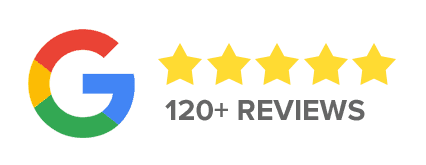
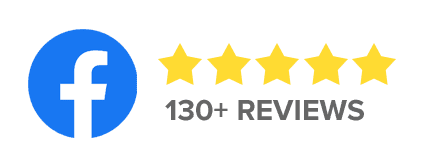
What Clients say about our SEO services
“We are page 1 for most search terms that are relevant to our industry. Our rankings are really impressive in both Houston and Austin.”
Contractors
Hestia Construction & Design
"I’m in the top 5 for all relevant keywords, and I give all the credit to EWR Digital."
Legal
David Hunter Law Firm
“Once we got to the 1st page of Google we had an influx of leads. This is going to be the best year we’ve had.”
Roofing
Guardian Roofing
Onpage SEO Audit
Benefits of Onpage SEO Strategies
On-page SEO is a critical component of any digital marketing strategy because it directly impacts the visibility, ranking, and user experience of your website. By optimizing on-page elements such as metadata, content, keywords, and user engagement, you can improve your website’s search engine ranking and attract more organic traffic to your website.
One of the primary benefits of on-page SEO is improved search engine rankings. By optimizing on-page elements for specific keywords and phrases, you can improve your website’s relevance and authority for those terms, making it more likely to appear higher in search engine results pages (SERPs). This, in turn, can lead to increased organic traffic to your website, as users are more likely to click on websites that appear at the top of search results.
On-page SEO also plays a crucial role in providing a positive user experience for your website visitors. By optimizing on-page elements such as content quality, page speed, and mobile-friendliness, you can create a website that is easy to navigate, loads quickly, and provides high-quality and relevant content. This, in turn, can lead to increased engagement and lower bounce rates, as users are more likely to stay on your website for longer periods and return to it in the future.
Another benefit of on-page SEO is increased engagement. By optimizing on-page elements such as calls-to-action and social sharing buttons, you can encourage visitors to engage with your website and share your content on social media. This can help to increase brand awareness and drive more traffic to your website over time.
Finally, on-page SEO is a cost-effective way to improve your website’s visibility and ranking. Unlike paid advertising or other marketing strategies, on-page SEO involves optimizing existing website elements rather than investing in new campaigns or tools. This makes it an ideal strategy for businesses with limited budgets or resources.
Overall, on-page SEO is essential for improving the visibility, ranking, and user experience of your website. By optimizing on-page elements, you can attract more organic traffic, provide a positive user experience, increase engagement, and drive more conversions for your business.
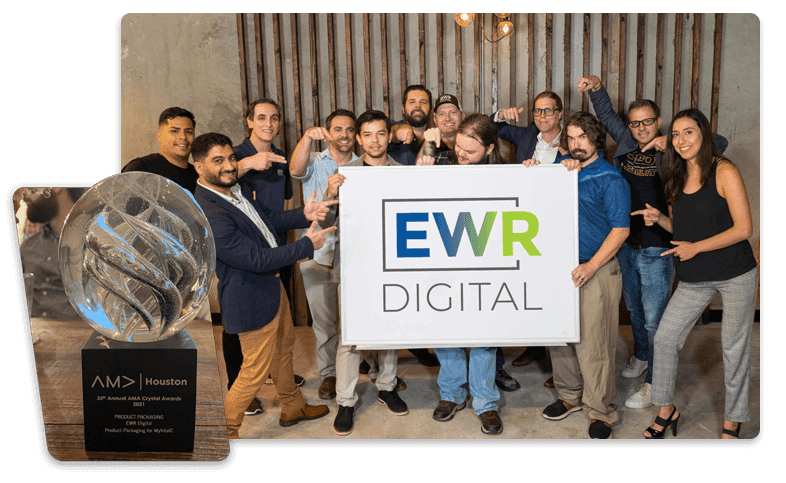
About US – EWR Digital
EWR Digital is a full-service SEO marketing agency that has a team of experienced professionals with a diverse range of skills and expertise. Their team includes digital marketing strategists, website developers, SEO specialists, social media managers, PR Professionals, content creators, and more.
Their team members have worked with a variety of businesses across various industries and are knowledgeable in the latest digital marketing trends and technologies. They prioritize staying ahead of the curve and continually updating their skills and knowledge to provide the best possible results for their clients.
Overall, EWR Digital’s team is dedicated to delivering exceptional results and providing personalized service to each of their clients.
Our Process
We’ve developed a proven, successful process that may look different than you’ve seen from other marketing agencies. At EWR Digital, strategy is at the core of what we do.
Our process provides you a customized strategy that is created specifically for you and your needs.

Free Consultation
Meet with one of our consultants for a free, no-obligation, 20 minute call.
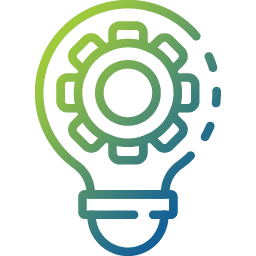
Digital Strategy
Based on your needs, our consultants will suggest an audit or strategy workshop.
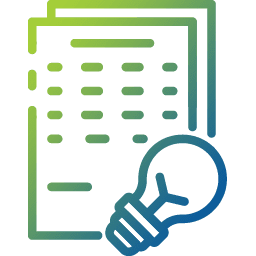
Custom Proposal
Once the strategy is established we provide you a customized proposal tailored to accomplish your goals.
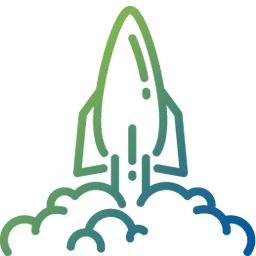
Quarterly Kickoff
If you move forward with your custom proposal we’ll start with a quarterly campaign.
Schedule a Onpage SEO Consultation
Onpage SEO FAQ’s
Q: Why is on-page SEO important?
A: On-page SEO is important because it directly impacts the visibility, ranking, and user experience of your website. By optimizing on-page elements, you can attract more organic traffic, provide a positive user experience, and increase engagement and conversions.
Q: What are some on-page SEO techniques?
A: Some on-page SEO techniques include optimizing URLs, using relevant and optimized metadata, incorporating keywords into content, improving page speed and mobile-friendliness, and enhancing user engagement through calls-to-action and social sharing buttons.
Q: How long does it take to see results from on-page SEO?
A: The time it takes to see results from on-page SEO varies depending on several factors, such as the competitiveness of the keywords targeted, the quality of the content, and the frequency of updates to the website. Generally, it may take a few weeks to several months to see noticeable improvements in search engine rankings and organic traffic.
Q: How often should on-page SEO be performed?
A: On-page SEO should be performed regularly to ensure that the website is optimized for search engines and provides a positive user experience. This may include ongoing content updates, metadata optimization, and technical maintenance to ensure that the website is fast and mobile-friendly.
Q: What is an on-page SEO audit?
A: An on-page SEO audit is a process of evaluating and analyzing the on-page elements of a website to identify areas of improvement and optimize them for better search engine ranking and user experience. The audit may include analysis of URL structure, metadata, content quality, keyword usage, mobile-friendliness, and page speed.
Drive more organic traffic with expert on-page SEO
Looking to drive more organic traffic to your website? Our expert on-page SEO services can help! By optimizing your website’s content, metadata, and keywords, we can improve your search engine ranking and attract more qualified visitors to your site. With our focus on providing a positive user experience and enhancing engagement, we can also help to increase your website’s overall effectiveness and conversions. If you’re ready to take your website to the next level, give us a call today to learn more about how we can help!





Off-Page SEO vs. On-Page SEO
Differences between Off-Page and On-Page SEO: The main difference between off-page and on-page SEO is that off-page SEO focuses on factors that are external to your website, while on-page SEO focuses on factors that are internal. Off-page SEO involves building high-quality backlinks, social media marketing, influencer outreach, and other tactics that help to establish your website’s authority and relevance. On-page SEO, on the other hand, involves optimizing your website’s content, structure, and code to make it more search engine-friendly and improve the user experience.
Importance of a balanced SEO approach: While both off-page and on-page SEO are important for driving organic traffic to your website, a balanced approach is crucial for long-term success. A strong on-page SEO foundation is necessary to ensure that search engines can easily crawl and index your website, while off-page SEO tactics like link building and social media marketing help to build your website’s authority and relevance. By combining both approaches, you can create a comprehensive SEO strategy that delivers sustainable, long-term results.